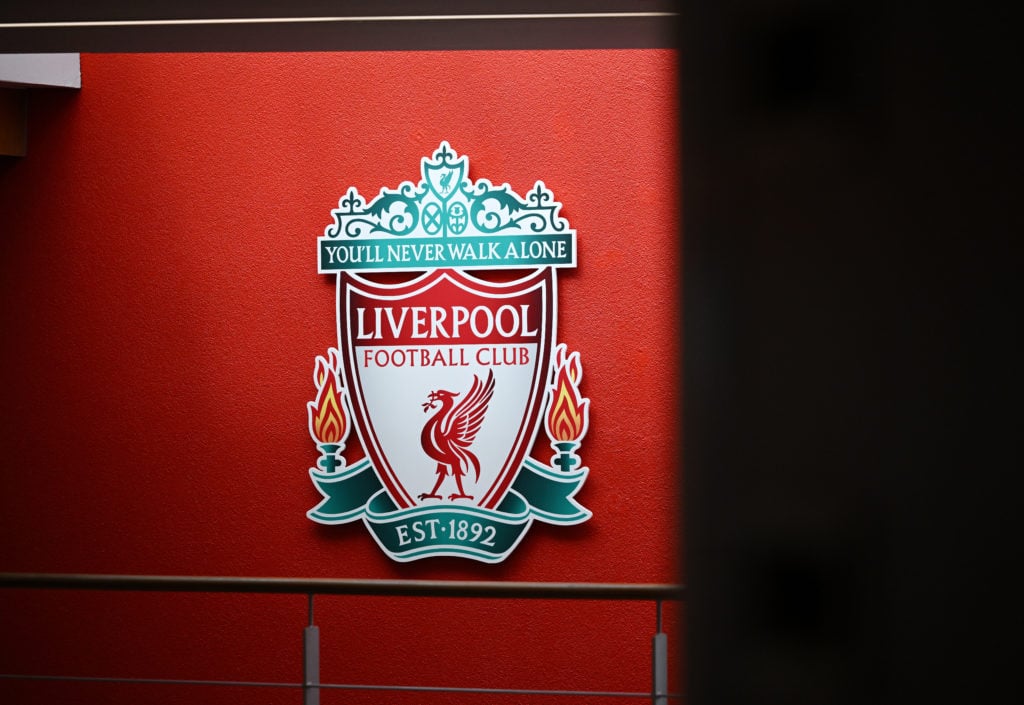Liverpool confirm decision that will help unlock £300m cash pile

Today at 02:00 AM
Fenway Sports Group (FSG) will see the fact that Arne Slot’s Liverpool are top of the Premier League as validation of their ownership model.
FSG took over Liverpool in a deal described as ‘bargain of the century’ by finance expert Kieran Maguire, who exclusively explained to TBR Football that the £300m they paid could now be returned ten-fold.
The fact that Liverpool’s enterprise value is probably £3bn-plus is testament to both the wider success of the Premier League and to how FSG run the club on a day-to-day basis.
Besides the circa £200m FSG paid to expand Anfield and build a new training complex in Kirby, the Boston-based investment group have barely put a penny into Liverpool.
They have instead leveraged the commercial and sporting expertise they have amassed in their US sports ventures to increase revenue, make Liverpool profitable year-on-year, and deliver success on the pitch.
The owners have sometimes borne frustration from supporters who believe that they should spend more on recruitment and retention.
However, their riposte would be that getting the club into a position whereby it can stand on its own two feet financially and not rely on owner handouts to bankroll transfers is in Liverpool’s best interests.
Net spend table in the last five years
- 1) Chelsea: £795.24m
- 2) Manchester United: £547.96m
- 3) Arsenal: £469.63m
- 4) Tottenham: £458.78m
- 5) Newcastle: £370.98m
- 6) West Ham: £276.6m
- 7) Liverpool: £253.1m
Part of the reason Liverpool are so robust financially is their enormous commercial income.
The club has successfully leveraged its history and ‘brand’ to monetise supporters both at home and abroad.
And FSG have now made a new appointment behind the scenes that they will hope can help take them to the next level commercially.
Liverpool appoint new director
The budget that Arne Slot and Richard Hughes get to play with at Liverpool is almost entirely contingent on the turnover they generate.
Unlike other clubs, Profit and Sustainability Rules (PSR) are not a concern for them as they are generally not a loss-making club.
Liverpool’s single biggest source of income is commercial income, which encompasses sponsorship, merchandise, events, and other strands. They generated £272.5m via this channel in the last financial year.
With a fair headwind, Liverpool are projected to smash the £300m barrier in 2024-25.
Over the summer, Liverpool named a new chief commercial officer in Ben Latty, who was promoted from the role of commercial director.
Now, Liverpool have announced that they have made Kate Pratt-Theobald their new commercial director.
She has previously worked developing the club’s commercial presence in South America and more recently as Liverpool’s head of global partnership sales.
"I'm honoured to step into this new role at LFC, working alongside our global partnerships sales, partnerships central and delivery teams to further our vision of creating meaningful, values-driven partnerships around the world," Pratt-Theobald said.
"I'm excited to build on the incredible momentum our team has achieved and continue aligning with partners who not only share our dedication to excellence but are committed to making a positive impact.
“It's a privilege to work with brands that support LFC's passion, global reach and values as much as we do."
Ben Latty added: "Since joining the club, Kate has been instrumental in building a powerful commercial framework that extends LFC's values across the Americas and has helped us achieve tremendous growth in the region.
"Over the past two years, she has continued to play a valuable role in driving our global partnership vision and leading an approach that brings value-driven partnerships to the forefront of LFC's global strategy.
“Her dedication to fostering relationships internally and externally with market-leading partners are a testament to her leadership. We're thrilled to see her take on this expanded role."
Liverpool’s new Adidas deal: A commercial leap forward
Fans may well be aware after a flurry of stories in recent weeks that Liverpool have signed a new kit deal with Adidas.
Taking over from Nike from 2025-26, Adidas will pay Liverpool £60m per season for the next 10 years.
Or so the headlines would suggest.
In truth, the Adidas deal will be worth close to £900m over the course of the decade, with those familiar with the club’s operations saying that they tend to be conservative in the numbers they brief to the press.
The extra £30m will likely come from commission on units sold, as well as performance-related bonuses and other tiered elements.
Liverpool’s previous deal with Nike was structured differently, with the US brand paying a smaller upfront fee (around £30m) for a bigger cut of profit on units sold.
The deal was believed to be worth around £75m per year to Liverpool all told.
But Liverpool did not tie themselves into an ultra long-term deal with Nike, allowing them to pivot to Adidas and a deal that better reflects their global brand, as well providing more financial security.
